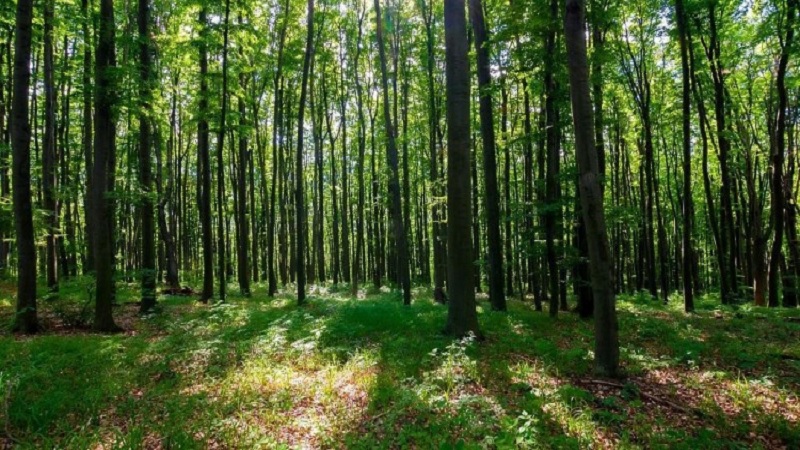 Image Courtesy: journalsofindia.com
Image Courtesy: journalsofindia.com
Farming union Swaraj India demanded the immediate withdrawal of the Forest (Conservation) Rules, 2022 notification on July 8, 2022. It expressed grave concern against the Government of India’s new rules that bypass consent and consultation from local adivasis and villagers.
On June 28, the Union Ministry of Environment, Forest and Climate Change (MoEFCC) issued a notification that the rules will be applicable to all proposals for use of non-forestry purpose. As per these new provisions, the Central Government shifts the responsibility of obtaining forest dwellers’ consent and ensuring settlement of rights under Scheduled Tribes and Other Traditional Forest Dwellers (Recognition of Forest Rights) Act to state governments.
“The state government or Union territory administration, as the case may be, after receiving the ‘Final’ approval of the central government under Section 2 of the Act, and after fulfillment and compliance of the provisions of all other Acts and rules made there under, as applicable including ensuring settlement of rights under the Scheduled Tribes and Other Traditional Forest Dwellers (Recognition of Forest Rights) Act, 2006, shall issue order for diversion, assignment of lease or dereservation, as the case may be,” said the new rules.
However, Swaraj India pointed out that this in effect permits the Government of India to clear forests before state governments have obtained the consent of forest dwellers. This infringes on their rights over their traditional forestland and violates the Forest Rights Act. The latter requires free, prior, and informed consent of the forest dwelling communities before any such project is undertaken. It is also a threat to the environment and India’s decreasing forest cover, said the West Bengal-based organisation.
According to Land Conflict Watch member Mukta Joshi, this move can bring industries into conflict with communities and threaten their investments. Further, it can lead to coercion of communities who oppose a project.
Basically, this is how it works. Under the 1980 FC Act and 2003 Rules, permission from the union govt is needed before forest land is used (i.e. chopped down) for non-forest purposes like mining. The MoEF grants this permission in 2 stages: in-principle consent & final approval.
— Mukta Joshi (@mukta_jo) July 7, 2022
Why must forest rights recognition be done before forest clearance? In the MoTA’s own words: “to preclude the possible destruction of existing evidence in support of claims under FRA.” That means the new rules could lead to developers forging forest dwellers’ consent.
— Mukta Joshi (@mukta_jo) July 7, 2022
“Swaraj India stands against attempts to disenfranchise tribals and forest dwelling communities from their rights over their traditional forest land. This is more preposterous when the government is celebrating the 125th birth anniversary of great tribal leader Alluri Seethrama Raju,” said Swaraj India. Earlier, Prime Minister Narendra Modi unveiled the tribal leader’s statue.
Along with the Forest Rights Act (FRA), the new rules also violate provisions of the Forest Conservation Act 1980. However, that is not surprising considering on October 2, 2021 the MoEFCC proposed amendments to the same. These amendments do away with many stringent laws requiring prior approval for development projects on forest land.
Related:
Environmentalist demand withdrawal of changes to Biological Diversity Act
Palghar Adivasis decry ecologically-dangerous infrastructural projects
AIUFWP’s 2nd National Conference begins in New Delhi
8 years on, Tharu tribe’s struggle for land rights continues
Nearly 20 days later, MoEFCC shares FCA proposal in regional languages